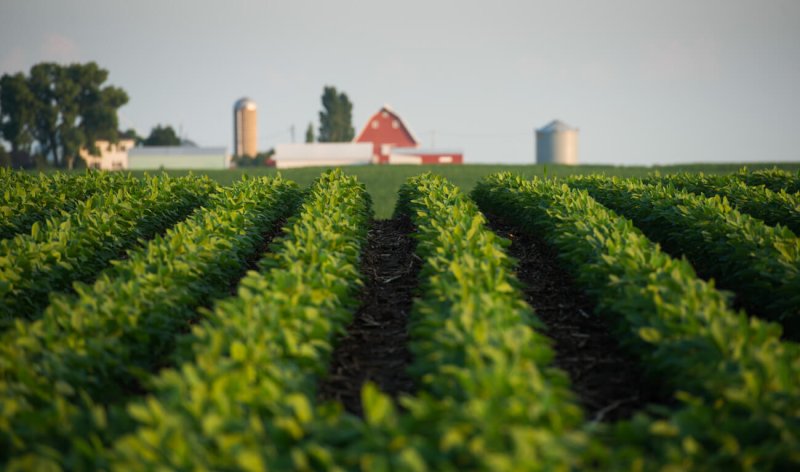Published in the Journal of Experimental Botany, this study found the modified crop yielded more when subjected to both increased temperature and carbon dioxide levels; however, they found little to no difference between the modified and unmodified crops grown in either increased temperature, increased carbon dioxide, or today’s climate conditions.
This work suggests that we can harness genetic changes to help offset the detrimental effects of rising temperature. In addition, Bernacchi said, it illustrates that we cannot deduce complicated environmental and plant systems to increasing carbon dioxide levels increase yields and increasing temperature reduce yields.
…
“It’s actually a bit of a surprise,” [said Carl Bernacchi, an associate professor of plant biology at the at the University of Illinois]. “I’ve been doing field research for quite some time, and variability is one of the things that’s an inherent part of field research. Of course, we did see variability in yields from year to year, but the difference between the modified and unmodified plants was remarkably consistent over these three years.”
These modified soybeans are just one part of the equation to meet the demands of 2050. This modification can likely be combined with other modifications—a process called “stacking”—to further improve yields.
[Read the full study here (behind paywall)]
The GLP aggregated and excerpted this blog/article to reflect the diversity of news, opinion, and analysis. Read full, original post: Modified soybeans yield more in future climate conditions































